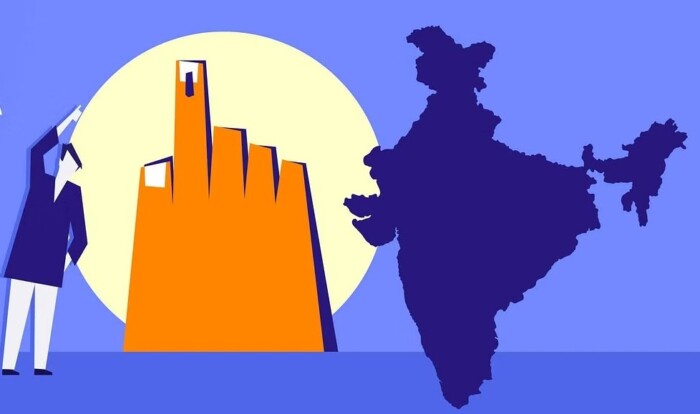"One Nation One Election" (ONOE) is a concept that has been a subject of considerable debate in India and in other countries as well. The idea revolves around synchronizing the Lok Sabha (Parliamentary) and state legislative elections, holding them all at once. This proposed electoral reform has its share of proponents and opponents, each presenting a range of arguments. Let's delve into the dynamic landscape of One Nation One Election, exploring its pros and cons.
Pros:
-
Reduced Election Expenditure:
- Proponents argue that conducting simultaneous elections would significantly reduce the overall cost associated with the electoral process. Multiple elections at different levels involve substantial expenses for security, logistics, and campaigning. Combining elections could streamline these costs.
-
Political Stability:
- Supporters contend that ONOE could bring about political stability by preventing frequent disruptions caused by mid-term elections. Continuous election cycles can divert the attention of elected representatives from governance to campaigning.
-
Enhanced Policy Continuity:
- Advocates suggest that synchronized elections would promote better policy continuity. Currently, policy implementation often faces interruptions due to changes in government at different levels. Simultaneous elections could provide a more consistent policy framework.
-
Reduced Model Code of Conduct Impact:
- Proponents argue that having fewer, synchronized elections would reduce the impact of the Model Code of Conduct, which comes into effect during elections. This could allow for a more continuous governance process.
-
Citizen Engagement:
- Supporters posit that simultaneous elections could increase voter turnout as people may find it more convenient to participate in a single election event rather than multiple ones spread over time.
Cons:
-
Constitutional and Logistical Challenges:
- Opponents argue that implementing ONOE would require a significant constitutional amendment, as the terms of various state governments may need to be extended or shortened. Logistically, organizing such a massive electoral exercise across the country poses substantial challenges.
-
Diminished Regional Autonomy:
- Critics express concern that synchronized elections might lead to a more centralized approach, with national issues dominating the discourse. This could diminish the focus on regional concerns and reduce the autonomy of state-level elections.
-
Dominance of National Issues:
- Detractors caution that simultaneous elections may result in the overshadowing of local and state-specific issues by national concerns. This could limit the diversity of political discourse and neglect the unique challenges faced by different regions.
-
Party Dominance:
- Opponents contend that large national parties may have an advantage over regional parties in synchronized elections, as the former often have greater resources and reach. This could potentially lead to a homogenization of political representation.
-
Risk of Political Manipulation:
- Critics warn that simultaneous elections could increase the risk of political manipulation. A dominant party at the national level might influence state elections, impacting the diversity of political representation.
In conclusion, the concept of One Nation One Election presents a complex set of advantages and challenges. While it aims to streamline the electoral process and enhance governance, the constitutional, logistical, and political implications require careful consideration. The dynamic landscape of this proposal continues to be a focal point of discussions on electoral reforms.


No comments yet